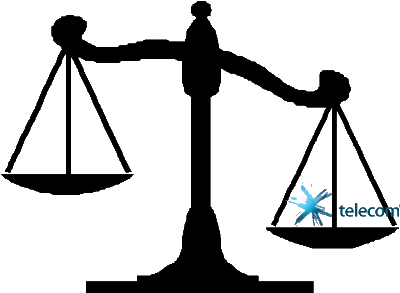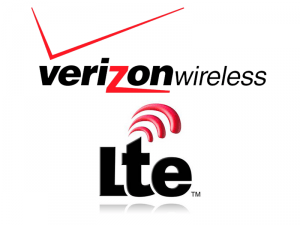A class action lawsuit accusing AT&T of methodically over-measuring wireless customers’ usage and subjecting them to overlimit fees has been re-assigned to arbitration because AT&T wrote terms into contracts denying customers the right to pursue grievances any other way.
Plaintiff Patrick Hendricks claimed AT&T was systematically overstating customer usage by 7-14 percent with a rigged usage meter. Hendricks claims some customers were overbilled by as much as 300 percent for phantom data usage that he claims never took place. The measuring errors found in a two-month study cited by Hendricks were in AT&T’s favor, potentially exposing customers to surprise overlimit fees or, more recently, speed throttles.
But U.S. District Judge Charles Breyer shut down the court case, heard in a San Francisco federal courtroom. Breyer ruled that since AT&T’s contracts bar lawsuits by customers, Hendricks must pursue his case in the venue required by AT&T — arbitration.
“[AT&T’s contract] requires the use of arbitration on an individual basis to resolve disputes, rather than jury trials or class actions, and also limits the remedies available … in the event of a suit,” Breyer ruled.
Ironically, Breyer is the same judge that dissented from an earlier case — AT&T v. Concepcion, that ultimately set the stage allowing AT&T to force consumers to pursue arbitration and practically speaking, remove their right to pursue class action relief.
“What rational lawyer would have signed on to represent the Concepcions in litigation for the possibility of fees stemming from a $30.22 claim?,” Breyer wrote. “The realistic alternative to a class action is not 17 million individual suits, but zero individual suits, as only a lunatic or a fanatic sues for $30’.”
Brandi M. Bennett, a California attorney who specializes in intellectual property law, considers arbitration clauses to be a major threat to class action cases:
“Class actions make it possible to find recourse for individuals with damages that make traditional litigation impractical. AT&T Mobility v. Concepcion appears to leave the average consumer at risk of being defrauded by corporations for $10, $20, $50 without any practical remedy. If one million customers are damaged for $20 each, a corporation can improperly realize a $20 million gain. Class actions serve to prevent that.”
Arbitration can offer a poor substitute, because most arbitration firms are beholden to their corporate clients for repeat business. An arbitrator perceived to be exceptionally pro-consumer stands little chance of being retained when corporate defendants pay the arbitration firm for its services. Some arbitration policies require consumers and the company to split the costs of arbitration, but those costs often easily exceed the value of the original claim, discouraging customers from pursuing a refund settlement.
Companies understand that reality, which is why clauses requiring arbitration to settle disputes are increasingly common in service contracts.
Hendricks’ original suit sought restitution for the entire class of consumers and damages for breach of contract, unjust enrichment, unfair and fraudulent business practices, unfair competition, and violations of the federal Communications Act. Most arbitration clauses require consumers to file individual complaints, which few may ultimately do considering arbitration proceedings may occur in another city and often requires the complainant to appear in person to provide testimony.


 Subscribe
Subscribe







